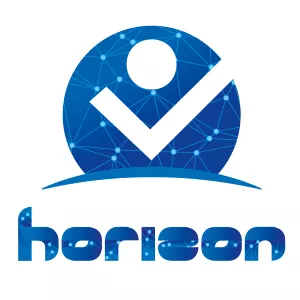Introduction:
In a groundbreaking move, the Hungarian government has unveiled a 255-page legislative proposal aimed at a comprehensive overhaul of the country's immigration regulations. The proposed legislation introduces novel residency permits and visa categories, with a particular emphasis on a new category known as "Golden Visa" or "investment residency." This innovative step is designed to attract foreign investors from non-European Union (EU) countries by offering a paid settlement option. Additionally, the proposal introduces the concept of "guest self-employment," adding an exciting dimension to Hungary's immigration landscape. While the legislation is currently in the proposal stage, the final rules may still undergo changes. This article provides an in-depth exploration of the key aspects of the proposed legislation.
Investment Residency:
One of the most remarkable features of the legislative proposal is the introduction of a new category termed "investment residency" or "Golden Visa." The proposal outlines specific conditions and obligations for guest investors, including the creation of investment visas and residency permits. These would be available to third-country (non-European Union) nationals whose entry and stay in Hungary are deemed to be of national economic interest.
To qualify for residency, investors must meet the following conditions:
- Possession of a valid investment visa.
- The entry and stay must be based on national economic interests.
- Compliance with other conditions stipulated by law, including ownership of real estate fund units.
Notably, the paid option involves considering as a national economic interest the acquisition of units of real estate investment funds worth at least 250,000 euros, issued by a real estate fund registered with the National Bank of Hungary. Alternatively, direct ownership of at least 500,000 euros in real estate, registered in the land registry by cadastral number within Hungary, is also recognized.
The validity of the investment residency permit is initially up to ten years, with the possibility of extending for an additional ten years. During this period, investors must regularly demonstrate fulfillment of their investment commitments.
Stringent restrictions apply to the disposition of the acquired residential property for five years, emphasizing the government's intent to ensure a long-term commitment from investors. Additional requirements, including security certifications for fund managers, further contribute to the regulation of real estate investments.
Guest Self-Employment:
In a move aimed at diversifying the residency options, the proposed legislation introduces the concept of "guest self-employment." This allows third-country nationals to engage in entrepreneurial activities under specific conditions.
There are two scenarios for guest self-employment:
- Independent economic activity for remuneration, such as operating as a sole proprietor.
- Acting as a leading officer of a business entity, corporation, or other legally established entity with a profit-oriented purpose.
Crucially, only individuals holding both leadership roles and membership in the business entity can qualify for residency based on the latter scenario. The government reserves the right to set detailed conditions for businesses supporting guest self-employment, and failure to meet these conditions may result in the denial or non-renewal of the residency permit.
The validity of the guest self-employment residency permit is initially one year, exclusively extendable for up to two years for the purpose of guest self-employment. Beyond the three-year maximum duration, the residency permit cannot be renewed. The legislation stipulates that to qualify for an extension, the applicant must have fulfilled the regular reporting obligations specified by the immigration authority. Additionally, applications for renewal must be submitted no more than 40 days before the expiration of the validity period.
Conclusion:
Hungary's proposed immigration legislation marks a bold step toward attracting foreign investment and talent. The introduction of the Golden Visa initiative, alongside the guest self-employment category, showcases the government's commitment to fostering economic growth and innovation. As the legislative proposal is currently in the initial stages, stakeholders and potential investors should closely monitor developments and ask for expert advice for updates on the finalized rules and regulations.
The content of this article is intended to provide a general guide to the subject matter. Specialist advice should be sought about your specific circumstances.

